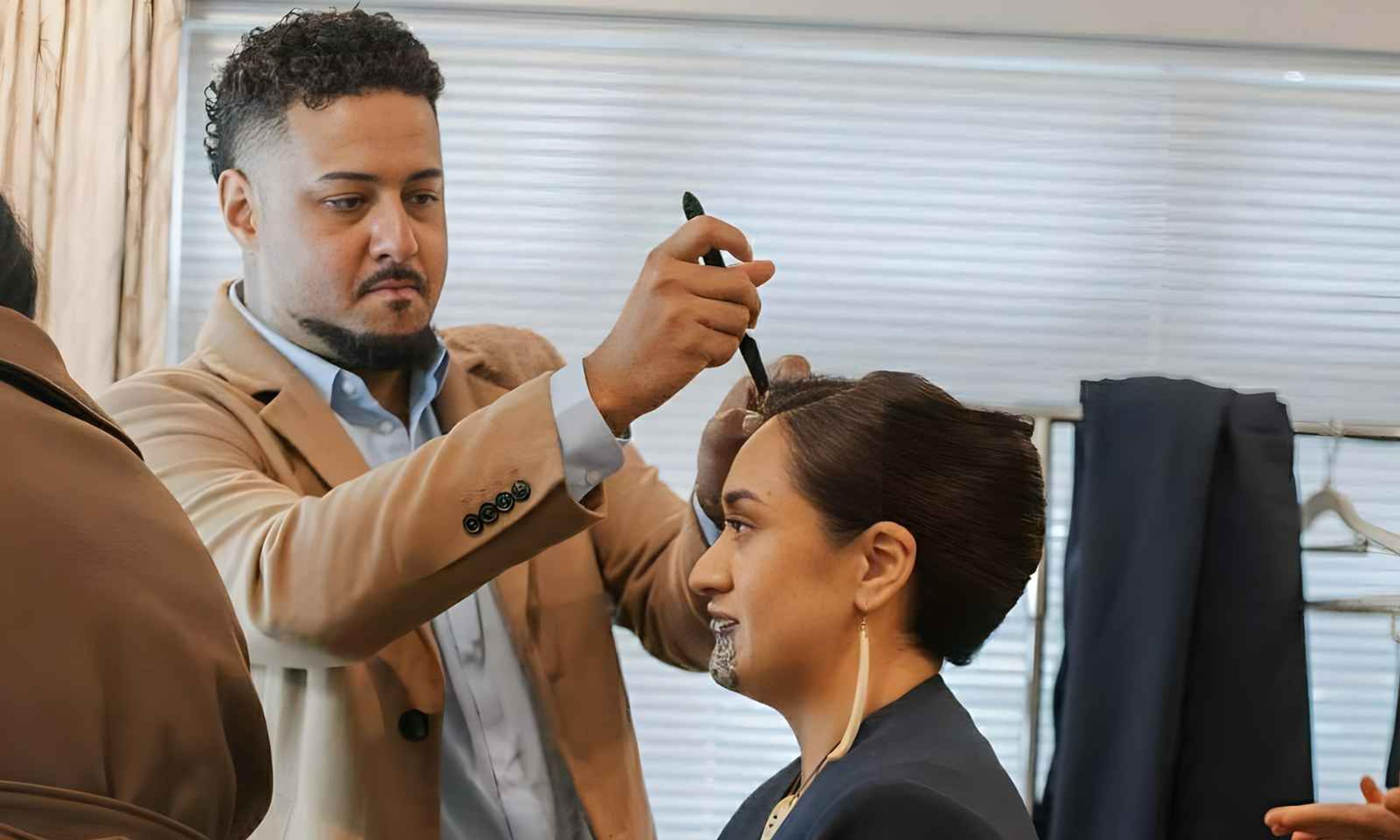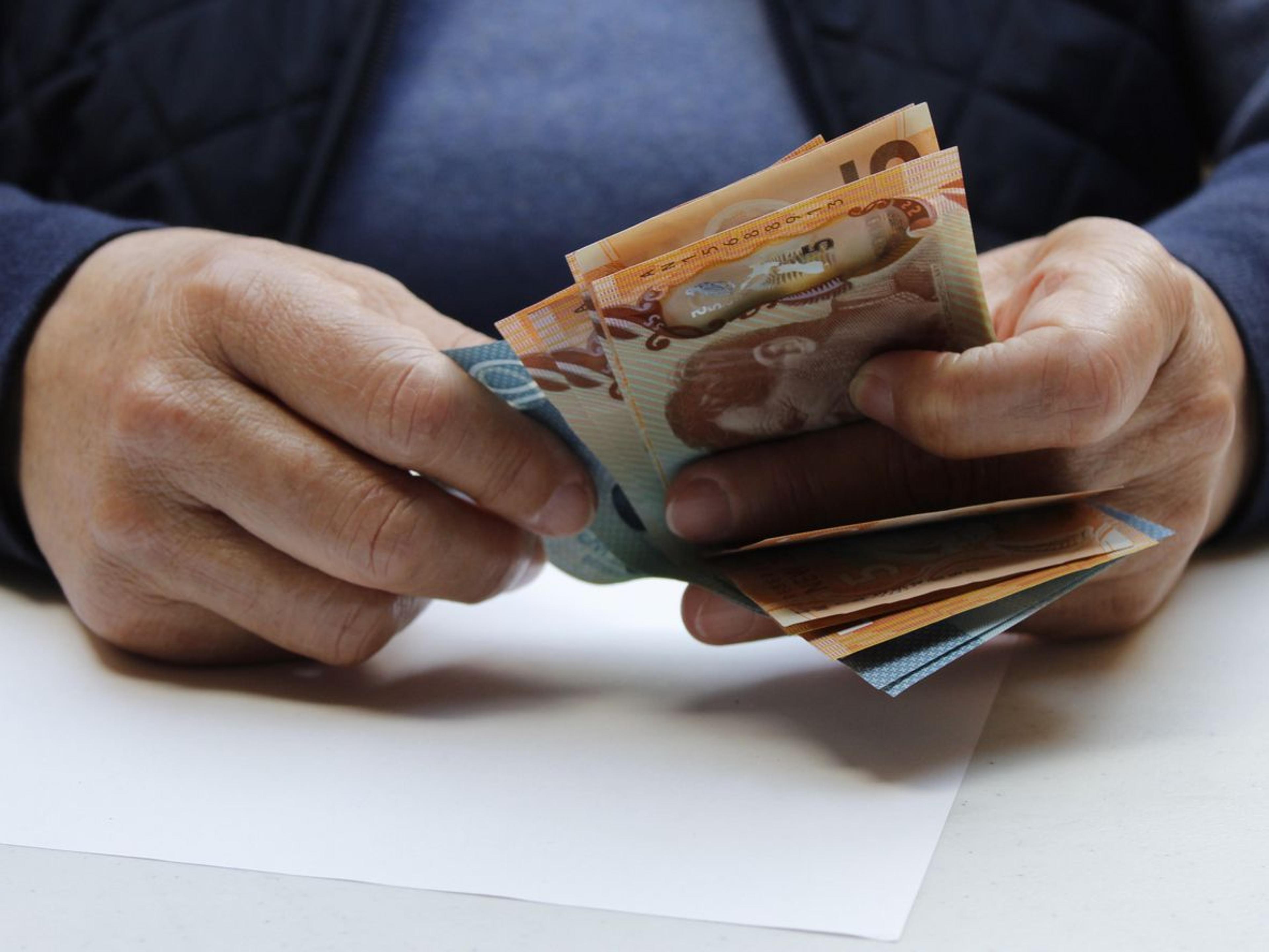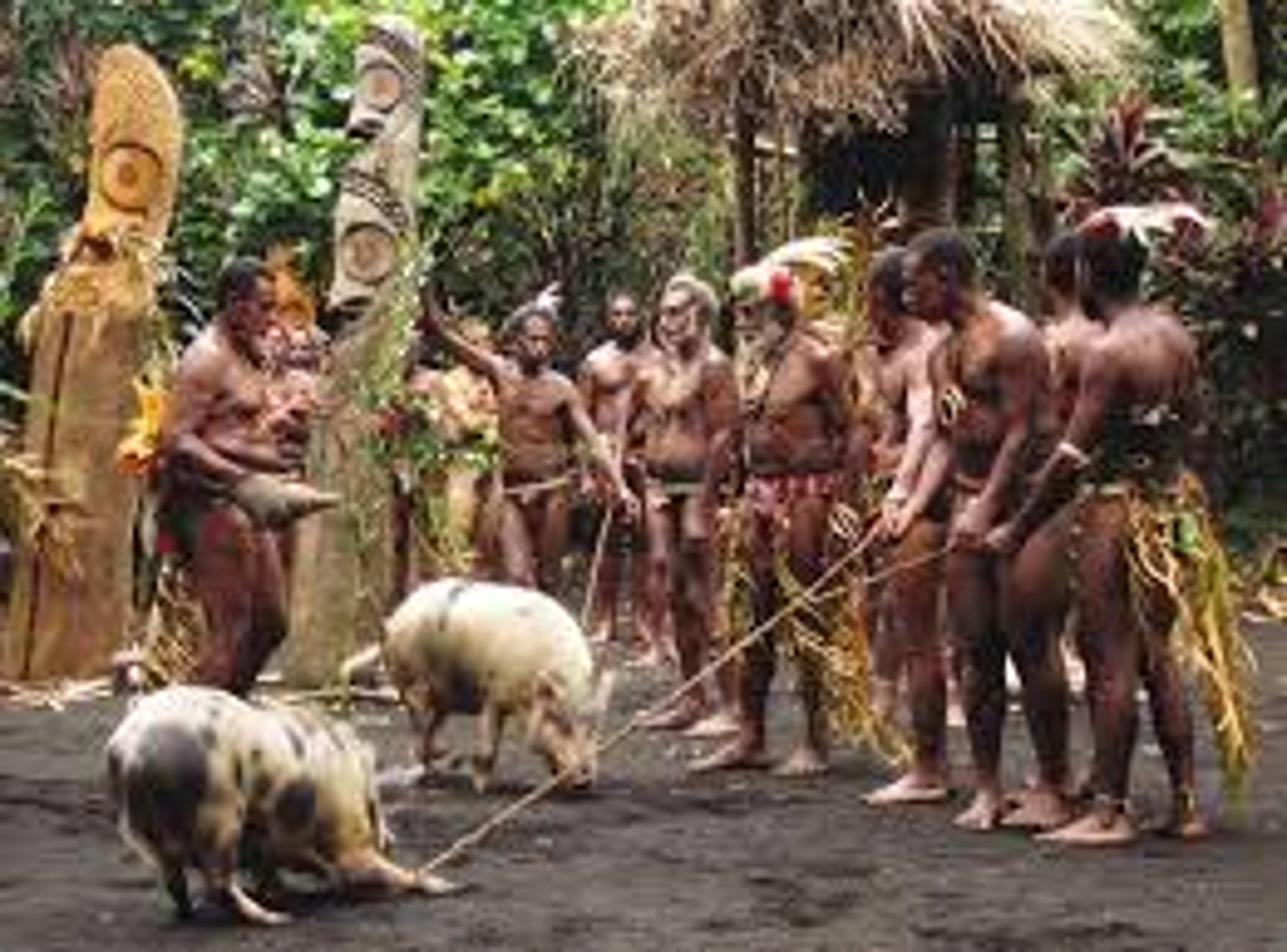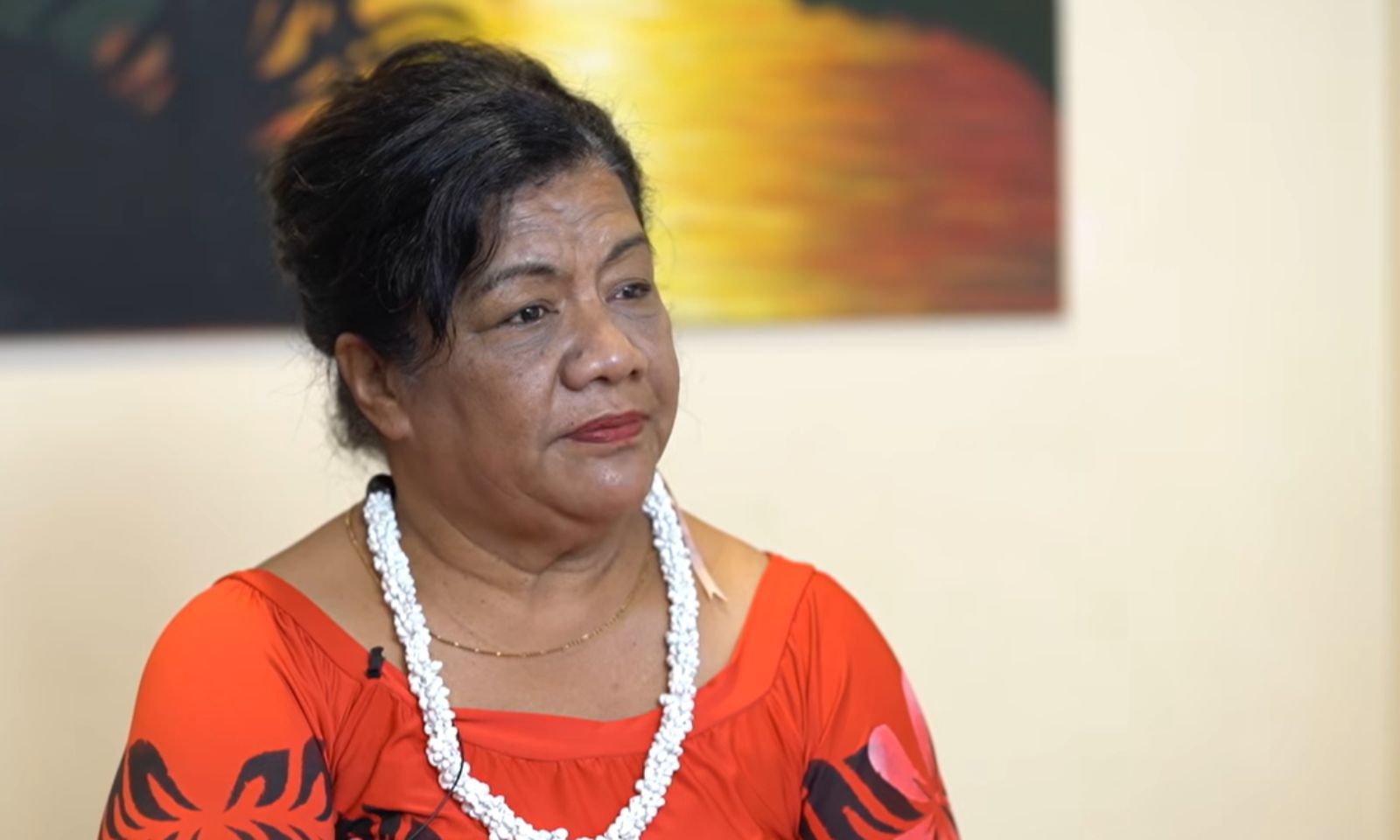

Photo /iStock
Kavenga and fa’alavelave: Why giving what you can should be the norm
Tonga’s Honourable Frederica Tuita and Sāmoan community leader, Mary Autagavaia, weigh in on the recurring discussion of monetary donations getting out of hand in Tongan and Sāmoan gift-giving practices.



Ancient DNA shows how Pasifika carried pigs across the ocean


Holiday Classics: The sports films that bring families together


From the friendly isles to Koroneihana: The Tongan hairstylist trusted with a Queen

Ancient DNA shows how Pasifika carried pigs across the ocean


Holiday Classics: The sports films that bring families together
Every few years the notion of fa'alavelave and kavenga "getting out of hand", in terms of monetary contributions, crops up.
Many resurface this issue in dozens of articles and in recent years through social media discourse, where some feel a competitive nature has been exacerbated by the announcing of monetary amounts families give which push them into debt.
In 1995, Princess Royal of Tonga Salote Mafile'o Pilolevu Tuita warned US Tongans not to overdo kavenga. Fast forward to 2016, an Auckland University survey found that young Sāmoans felt money in fa'alavelave was getting out of hand.
The cultural aspect of fa'alavelave and kavenga - crisis or ceremonial practice - has forever been enforced by the families. And this involves time, money, and resources.
Most Tongans and Sāmoans have experienced it in one way or another.
Speaking to William Terite on Pacific Mornings, the Honourable Frederica Tuita read what her mother Princess Salote shared with her.
Princess Pilolevu had said that kavenga started with how parents and families raised their children, particularly in how kavenga was communicated to them.
She said responsibilities were meant to be shared and that each family's 'ulumot'ua (clan head) ensured that "you shoulder the responsibility you can".
"One should be raised to consider it an honour to shoulder kavenga," Tuita read.
"Many run away from it because they had not been introduced properly as children to such things."
Tuita said shouldering kavenga should not make people feel isolated and overwhelmed with the burden.
"It's a shared responsibility, not just with your immediate family but your extended family, and that's why our community is our family," she said.

The Honourable Frederica Tuita. Photo /Supplied
Mary Autagavaia said for fa'alavelave, meaning interruption or crisis, that understanding the difference between the Sāmoan economy or tamao'aiga was important.
She said tamao'aiga, the opposite of the "pālagi economy", was based on how much one gave rather than how much capital was gathered.
Autagavaia added that fa'alavelave did not involve money historically, saying that currency was a byproduct of Sāmoa's interaction with the West in the early 1800s.
"Before that, we would give goods such as 'ie toga (fine mat), fala (Pandanus tree or mats), ngatu or siapo (tapa cloth), vala (tapa sash), and even livestock," she said.
"We have a saying in Sāmoa - o a'u nei a'o oe taeao - you may be in need today but it could be me tomorrow.
"People need to understand that what we give away comes back to us - the Sāmoan economy is more than just money."
Watch the full interview via 531pi’s FB below:
‘Fa’afetai i le atua’: Announcing the amounts given
Autagavaia said her church announced donation amounts but the issue depended on the family's connotations around it.
She said the reason they announced the donations was to highlight that everyone's contribution was essential towards "moving together".
"If my giving is only $50 tālā (Sāmoan dollar) and your giving is $300 tālā - that's all I could afford, all that God has put in my hands and I'm good about that.
"To give $50 tālā is better than nothing. It's about how I feel about my giving. Who cares if the family down the road gave $1000?
"If I gave $50 tālā and that's all me and my children could afford this week then fa'afetai i le atua - thank you God for that $50.
"We call it competitive nature but it's that part of us where everyone's got to row the canoe."

Tu’u’u Apulu Uta’ile’uo Mary Autagavaia. Photo /Facebook/Safekids
With kavenga, Tuita said the sentiment of competition in contributions was undeniable since the publicness of kavenga could garner a person greater status, honour, and prestige based on what was given.
"I won't say that it doesn't become a competition, but I feel it's important to have these talanoa sessions to remind our people why we do what we do.
"To bring us together rather than set us apart when it comes to contributing to kavenga."
‘Why you do what you do’: Seeing the impact of your ‘ofa
She said another aspect of resentment is the separation between the diaspora in New Zealand and the communities they sent money to in Tonga.
"Having grown up overseas it isn't until you go back to the islands and are a part of the community events that you see the reason why you do what you do.
"You see the outcome of your 'ofa (love), of your fuakavenga. That's why I feel it's very important to listen to our elders.
"It comes down to your parents, the people who raised you, for them to explain why you're doing this."
‘It shouldn’t be a burden’: Open conversations and honest intentions
Autagavaia said families having open conversations on what they could “honestly” afford was essential.
"Each family needs to decide for themselves what they can afford. It's not for the church, neighbours, or the lady in the next pew to decide,” she said.
"So it's a question of the heart, what does my heart tell me? What can I give and am I giving it with good thoughts or am I giving it begrudgingly?"
Tuita agreed that the sentiment behind giving was important with kavenga and that it's not worth doing if a person did not hold the right "heart and mindset".
"The bad side about that is there is a stigma attached to not participating," she said.
"We have communities all over the world so we do know the families that don't show up when the rest of us do."
Tuita said keeping an open mind about those who could not contribute or fuakavenga as much as another helped remove the stigma attached to those not contributing as much or at all.
"It shouldn't be a burden and it shouldn't be an isolating feeling when you can't give as much as the person next to you.
"Share the responsibility, it shouldn't be isolated to one family or one person in the family, it's for everyone to bear."